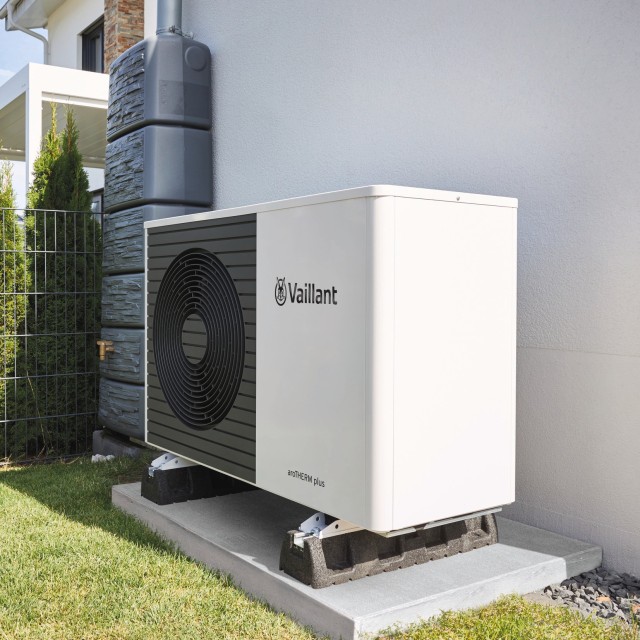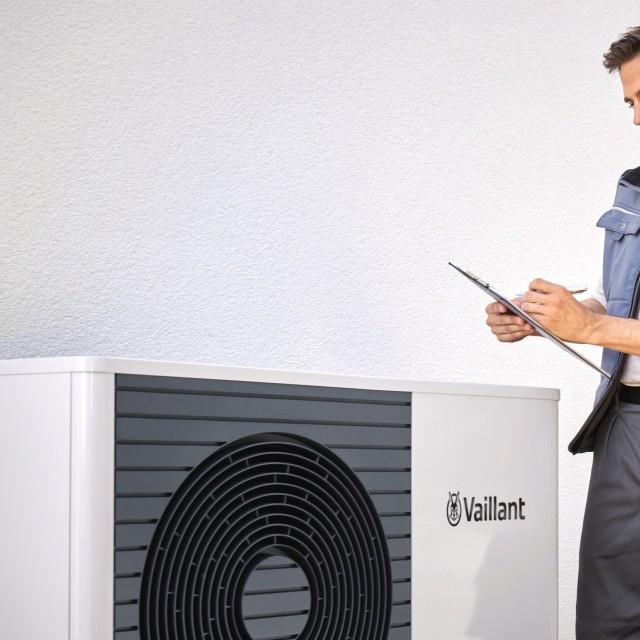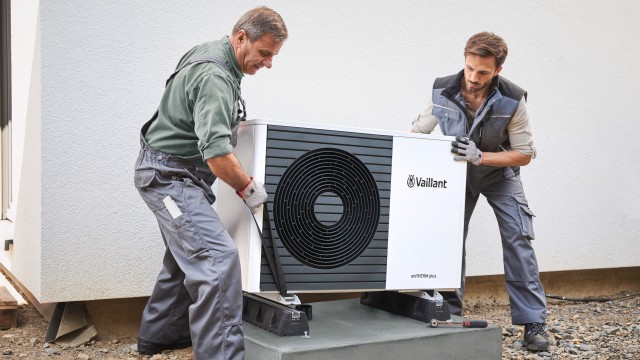Ground source heat pumps
Ground source heat pumps use a system embedded into the ground to extract heat. For this reason, your home does need the necessary land to allow for the installation of either a ground array or a borehole system.
Installed systems are not noticeable once completed. However, you will need space inside your home for the internal unit. Some electricity energy is required to allow this, though it is only around 25% of the total energy used during the process.
Water source heat pumps
Water source heat pumps use a system embedded in a water source to extract heat. Water source heat pumps provide the most reliable source of hot water and heating in homes, thanks to the consistent water temperatures outside.
Water source heat pumps come in closed-loop and open-loop systems. Closed systems are the most common as the necessary pipes are laid underground and in the body of water. Whereas, an open loop system requires additional installation as the system actively draws in water for operation such as a pond.
Additionally, installed water source systems are the most low-profile and are best used in instances where visuals must be preserved at all costs. Similarly to other heat pump types, you will need indoor space for the internal accessories.
Read our step-by-step on how to buy a heat pump and the things you may need to consider before installation.


_image_640w_213h.jpg)


